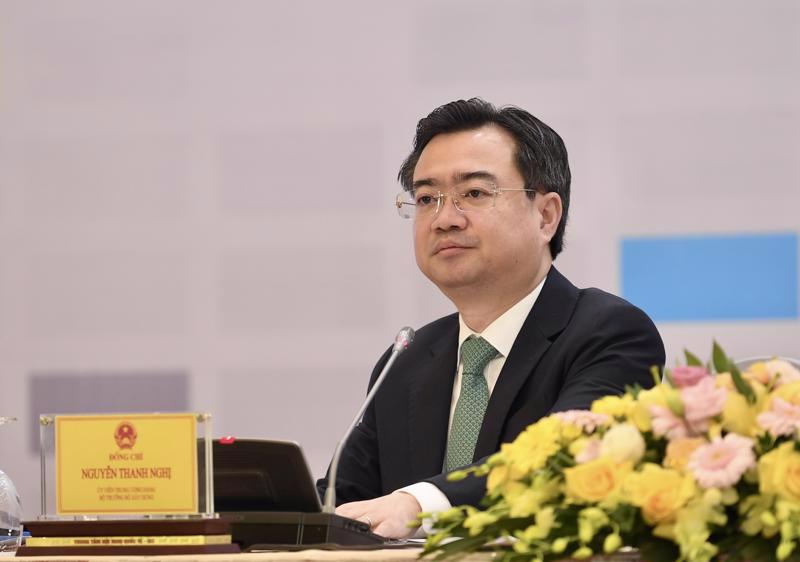Real estate businesses met a host of difficulties in 2022, but many believe the government should not make any attempt at rescue, which is the practice in other sectors. What are your thoughts?
The real estate market is among the key markets in the national economy, playing an important role in attracting resources and creating fixed assets for the economy. It also promotes the development of other sectors, such as finance, construction, construction material production, and human resources, and meets urban and tourism development needs and people’s demand for housing.
Vietnam’s real estate market was controlled well in 2022. Its growth tended to slow in the closing months of the year due to certain difficulties, in particular a shortage of housing supply and an imbalance in product structure. It also encountered difficulties in mobilizing and gaining access to capital, while real estate corporate bonds were found to have many shortcomings and risks.
A quieter real estate market led to stagnation in many other markets.
In response, the Prime Minister suggested action be taken and decided to set up a taskforce specializing in dealing with the concerns of businesses and localities in real estate projects.
The taskforce includes leaders from the Ministry of Construction, the State Bank of Vietnam, the Ministry of Natural Resources and Environment, the Ministry of Planning and Investment, and the Office of the Government.
It will propose and guide initial, long-term, and comprehensive solutions relating to regulations and procedures and work with ministries, sectors, and localities to remove bottlenecks in implementing property projects.
Can you tell us about the taskforce’s results since it was established?
After its establishment, the taskforce worked with the People’s Committees of cities and provinces, real estate businesses, and experts in finance and real estate to assess the situation and identify solutions to remove obstacles facing the real estate market.
It also reviewed and proposed amendments to related legal documents and laws such as the Land Law, the Law on Housing, the Law on Real Estate Business, the Law on Bidding, and the Law on Investment.
Based on the taskforce’s results, what are the greatest challenges facing real estate businesses?
After working with localities and businesses, we found problems relating to institution and laws. Most businesses mentioned difficulties relating to the Land Law, the identification of land prices, financial obligations regarding land, land allocation, land price bidding, and land use bidding.
There are also difficulties in procedures relating to investing in and building housing projects and urban areas.
Businesses also face challenges regarding credit sources.
What are the main factors behind these issues?
Basic reasons include shortcomings in related regulations and laws that have yet to be amended.
The capital structure for the real estate market also remains unreasonable. Capital is chiefly mobilized from bank credit, bond issuances, and customers. Investor capital accounts for just 15-30 per cent of total investment in a real estate project. There remains a shortage of stable mid- and long-term capital sources for the real estate market.
Information and databases on the real estate market are insufficient.
The control of capital sources investing in real estate has not been effective, which poses substantial risks, especially in issuing corporate bonds.
What are the key tasks for the Ministry of Construction in 2023?
One of the key tasks of the construction sector in 2023 is to continue completing institutions and laws to strengthen State management and create the conditions for people and businesses to become involved, including policies to encourage the development of social housing.
The sector will also focus on planning tasks and urban development management.
Attention will also be paid to promoting management of housing development and the real estate market to ensure the market develops sustainably.
Another important task for the Ministry is to review and encourage localities to publicize information relating to houses and the real estate market as well as complete information systems and databases on housing and the real estate market.









 Google translate
Google translate